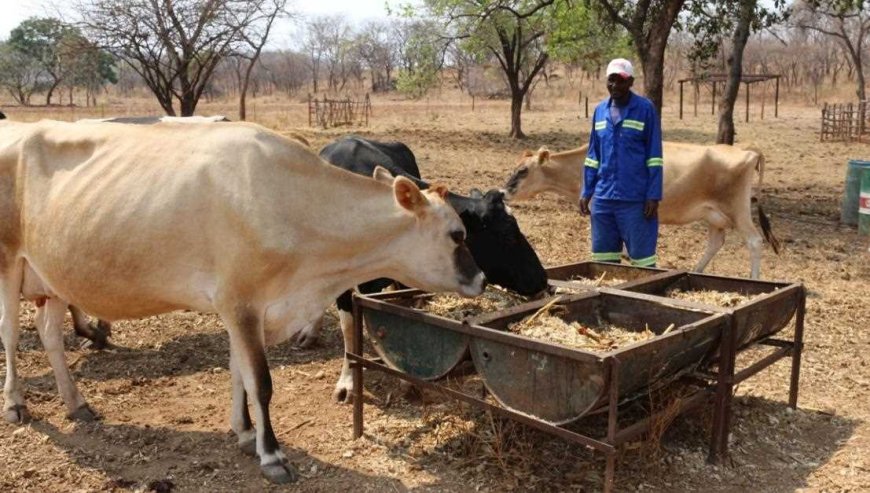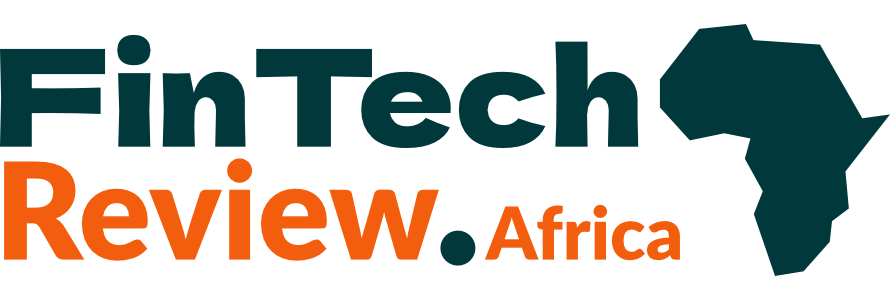Zimbabwe's Livestock Revolution: A Deep Dive into a Nation's Priorities

It's about time the livestock sector took center stage in the conversation about Africa's food systems. For too long, the immense potential and critical role of livestock have been overlooked. The recent Livestock Ministerial Deep Dive at the AFSF, convened by Professor Djikeng, was a crucial and timely event, and I was honored to represent the Republic of Zimbabwe.
In Zimbabwe, livestock isn't just an agricultural subsector; it's the very foundation of our rural economy. It provides livelihoods for over 60% of our population, serves as a vital source of nutrition, and is a key engine for our national economic recovery and growth. This is a story of resilience, innovation, and a clear vision for the future.
Our National Strategy: From Vision to Action
Our approach is guided by the Agriculture Food Systems and Rural Transformation Strategy and the Livestock Recovery and Growth Plan, which are fully aligned with our National Development Strategy (NDS). Our priorities are clear and focused:
Building Climate Resilience: With recurring droughts, we're building a more resilient livestock sector. Our response to the 2023/24 El Niño drought was a prime example of this commitment. By establishing Ward Drought Mitigation Centres across our 1,620 rural wards, we provided essential water, feed, and dipping facilities. This proactive measure saved over 90% of our 2 million vulnerable cattle. Soon, we'll launch a comprehensive National Feed and Fodder Strategy and Action Plan to further strengthen our systems.
Controlling Disease: We've made significant strides in controlling diseases like Foot and Mouth Disease (FMD) through robust vaccination programs and movement controls. This has not only safeguarded our national herd but also secured our access to key export markets.
Genetic Improvement: We're committed to enhancing productivity through the revitalization of our national dairy and beef herds. This includes the use of artificial insemination and the introduction of superior genetics to boost yields.
Enhancing Value Addition: We're moving beyond raw production to develop our entire value chain. By focusing on leather, dairy processing, and meat, we aim to capture more value, create jobs, and stimulate local economies.
Challenges That Call for Collaboration
Despite our progress, we recognize that we can't do it alone. We face persistent challenges that require strategic, technical partnerships:
Transboundary Animal Diseases: Diseases like January Disease (Theileriosis) and FMD don't respect borders. We need collaborative research for better vaccines and real-time regional surveillance systems to protect our herd and re-establish lucrative markets in the EU and Asia.
Climate Change Adaptation: We need more support to develop and scale up climate-smart livestock production models, especially those focused on sustainable feed and forage systems.
Data for Decision-Making: To make informed policy and investment decisions, we need to strengthen our livestock information systems. Our recent completion of a Livestock Greenhouse Gas Inventory with support from the FAO is a great start, providing crucial evidence for future climate interventions.
Partnering for a Prosperous Future
The Deep Dive provided a perfect platform to outline concrete opportunities for collaboration. We see immense value in deepening our partnerships with organizations like ILRI, AU-IBAR, and GIZ:
With ILRI: We propose a focused partnership on developing and delivering vaccines for Theileriosis and scaling up climate-smart feed innovations.
With AU-IBAR: We seek support to harmonize regional livestock policies, strengthen our capacity in early warning systems for transboundary diseases, and align on SPS standards.
With GIZ: We are keen to foster partnerships that attract private sector investment into our livestock value chains, particularly in leather and dairy processing, and to develop skills for our farmers.
A Call to Action: Moving from Dialogue to Deeds
We are eager to learn from our peers. How are other countries structuring public-private partnerships? What innovative financing models are being used for livestock infrastructure?
The transformation of Africa's livestock sector is not a luxury; it's a necessity for our food security and economic prosperity. The dialogue has been launched; now is the time to turn our words into action. Let's work together to build a new era of concrete, country-led partnerships that will benefit all of Africa.

 Francis
Francis 





